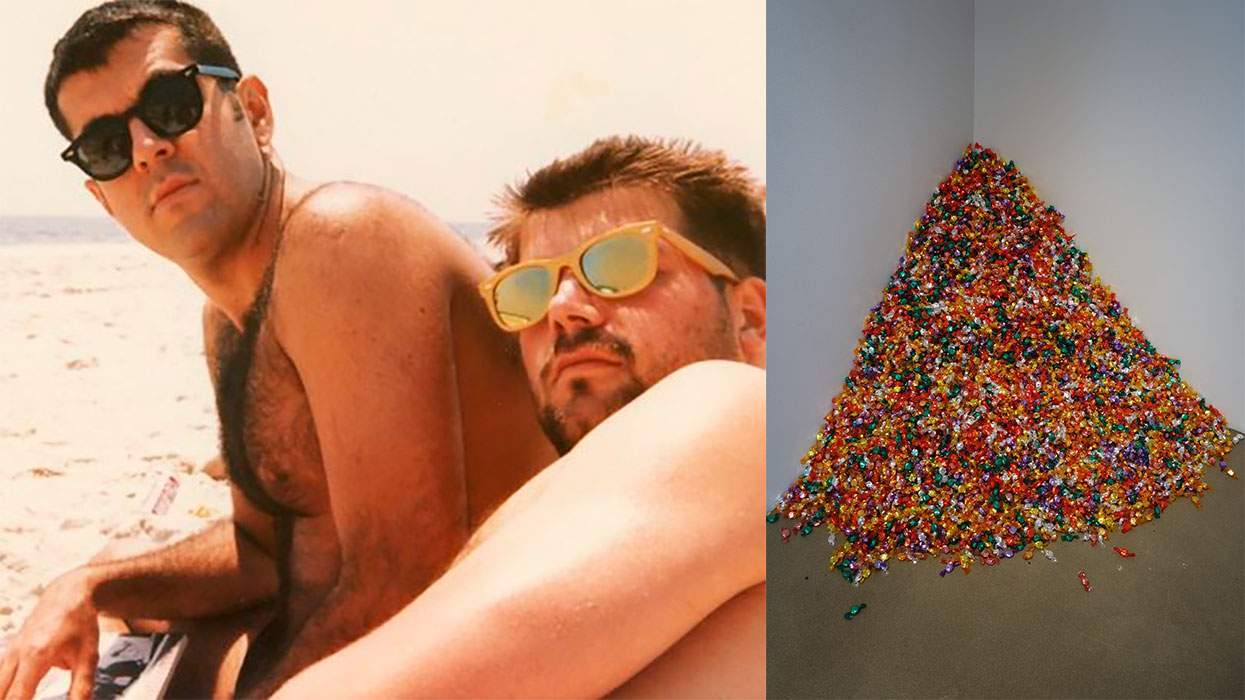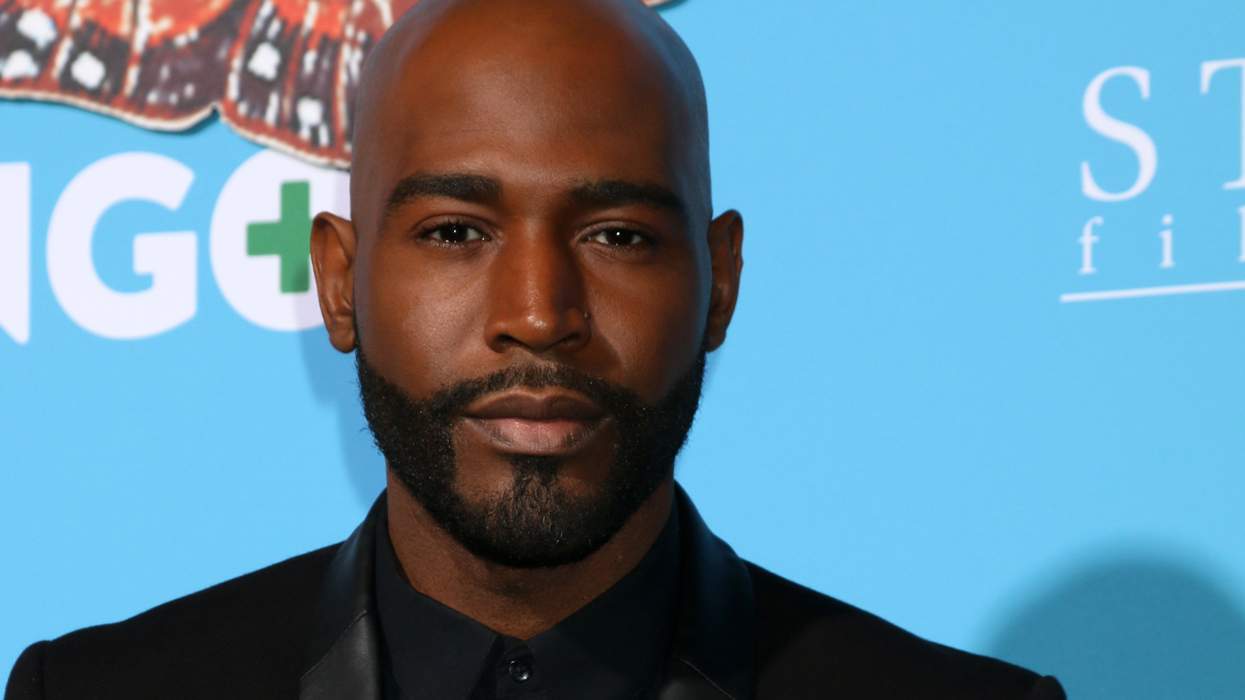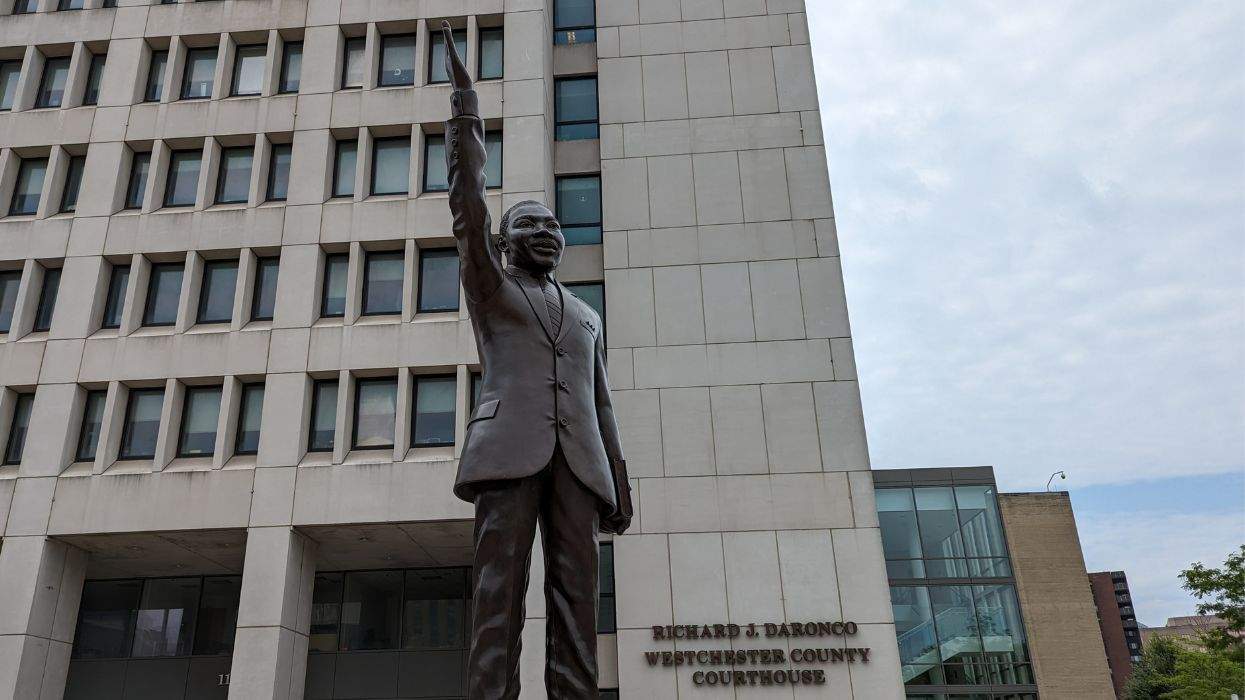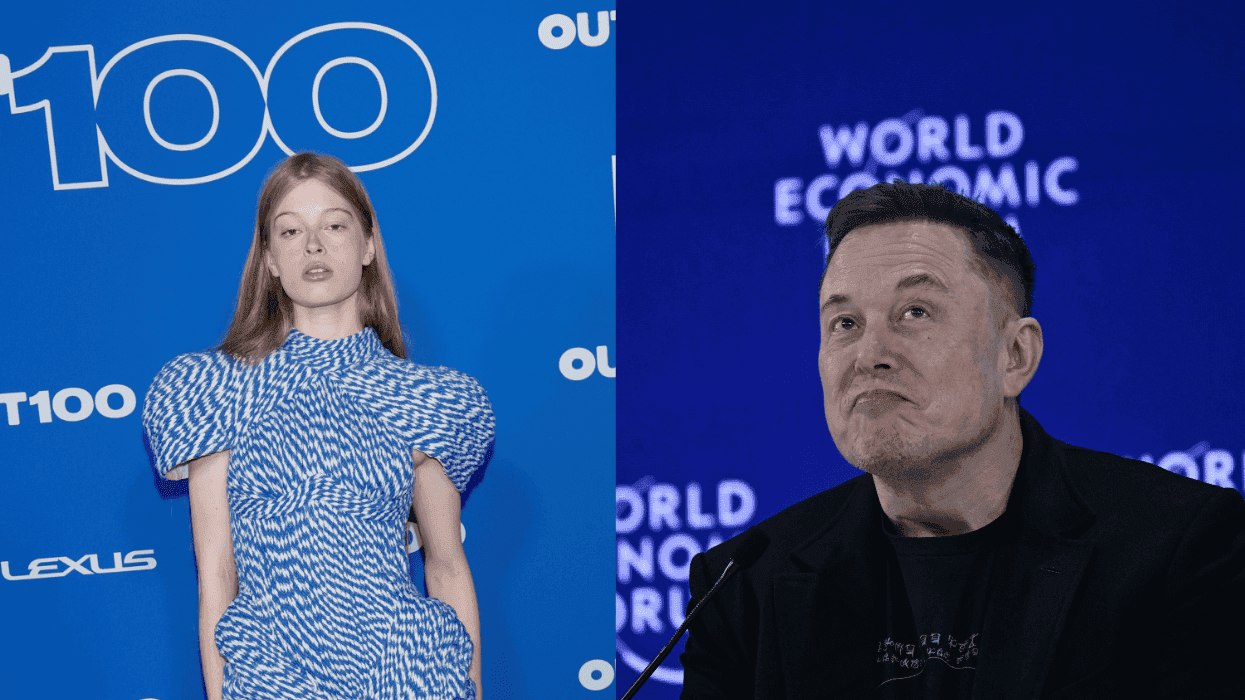Twenty-five years ago, I tested positive for HIV and was diagnosed with AIDS a few months later. I was given six to 18 months to live.
And yet here I am.
In 1996, the effective medications came through just in the nick of time and within months my 154 T-cells had doubled. About a year later, walking from my office to the parking garage, my daily fatigue, nausea, and headache suddenly stopped. A couple of years after that, what had been 14 pills (smelly and requiring refrigeration) twice a day went down to one. And just a few years ago, researchers confirmed without a doubt that since my viral load was undetectable, I could no longer infect someone else.
But I also remember co-workers not wanting to sit next to me and staff at an emergency room turning me away when my leg was broken ("no problem here" they said, though the next X-ray proved otherwise). I remember not wanting to disclose my status to friends, first dates, or strangers, and I remember the day in 1998 when California made HIV a crime.
Unfortunately, these experiences are still commonplace. The incredible medical advances related to HIV have rapidly outpaced advances in combatting HIV ignorance, discrimination and stigma.
According to a 2019 Kaiser Family Foundation survey, almost one in five Americans still report they would not feel comfortable working with a person living with HIV (PLHIV). Less than half were aware of PrEP or the term "undetectable," and only one in four could affirm that HIV medications are "very effective" at improving the health of PLHIV.
HIV ignorance, intertwined (as it is) with racism, xenophobia, homophobia, and transphobia, results in HIV discrimination. For example, a 2015 Williams Institute survey of PLHIV in Los Angeles found that over 30 percent had experienced HIV-based discrimination in housing, employment, or health care in the prior five years. Among those who reported specific experiences of workplace discrimination, 37 percent were harassed by a co-worker and 26 percent were fired. Others reported being isolated from other workers, being denied time off for medical appointments, and being physical attacked. This was not the 1980s, but Los Angeles in the last decade.
And unfortunately, HIV discrimination is not just a phenomenon of individuals, but of official federal government policy -- including the military's discrimination against service members living with HIV, the FDA's blood donation deferral policy, and the differential treatment of PLHIV who are incarcerated or detained. In addition, 32 states and the federal government have criminal HIV exposure laws.
Recent research by myself and others at the Williams Institute on HIV criminal laws reveals their widespread enforcement and disparate impact on women, sex workers, and BIPOC. For example, in Missouri, the vast majority of those arrested for HIV crimes are Black men, many based on allegations of behavior related to resisting arrest that cannot possibly transmit HIV. In Missouri, one out of 40 Black men living with HIV has been arrested for an HIV crime, and one out of 80 has been convicted. For those convicted, average sentences ranged from three to 10 years, with the longest sentences extending jail time to 30 years.
Given today's effective treatments, these laws are not justified and only serve to undermine public health goals. Stigma, discrimination, and criminalization prevent those at risk for HIV from getting tested and those living with HIV from getting treated. They also make it harder for people to disclose their HIV status to their medical providers and sex partners. Experiencing stigma and discrimination has been linked to worse physical and mental health outcomes for PLHIV, including more severe symptoms, lower adherence to medication, and less social support.
A Biden-Harris administration will mean a reinvigoration of the National HIV/AIDS Strategy. But that plan cannot succeed without taking discrimination, criminalization, and stigma as seriously as prevention, testing, and treatment.
Ending stigma and discrimination related to HIV will require serious work. It will take a national education campaign to address the ignorance and fear that underlies HIV discrimination. It will require repealing discriminatory federal and state laws and policies -- including those that criminalize PLHIV. It will need enhancement and greater enforcement of existing discrimination protections and the protection of rights to medical privacy and autonomy for PLWH.
If we take fighting HIV discrimination and stigma just as seriously as fighting the virus, we can overcome them. We have all the information and tools we need to do so, and we are about to have the policy makers in place who will be receptive to re-engaging this fight. The rest is up to us.
Brad Sears is the Associate Dean of Public Interest Law, UCLA School of Law and the Interim Executive Director at the Williams Institute.















